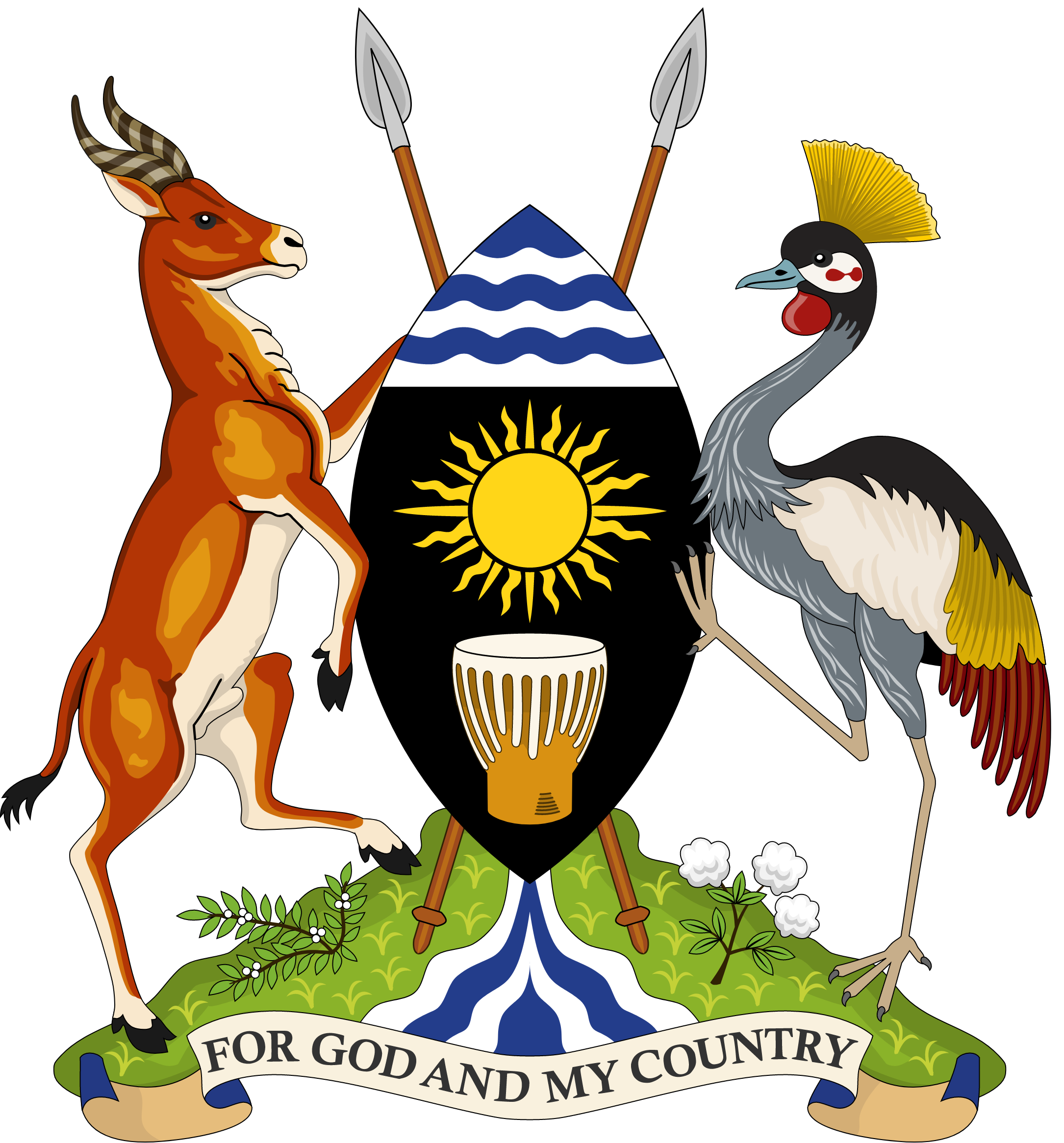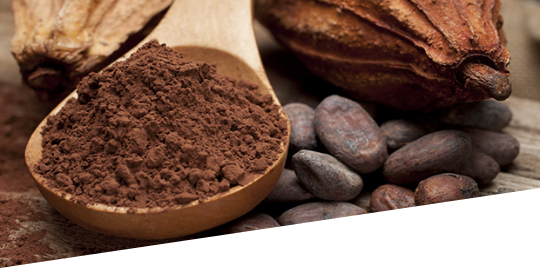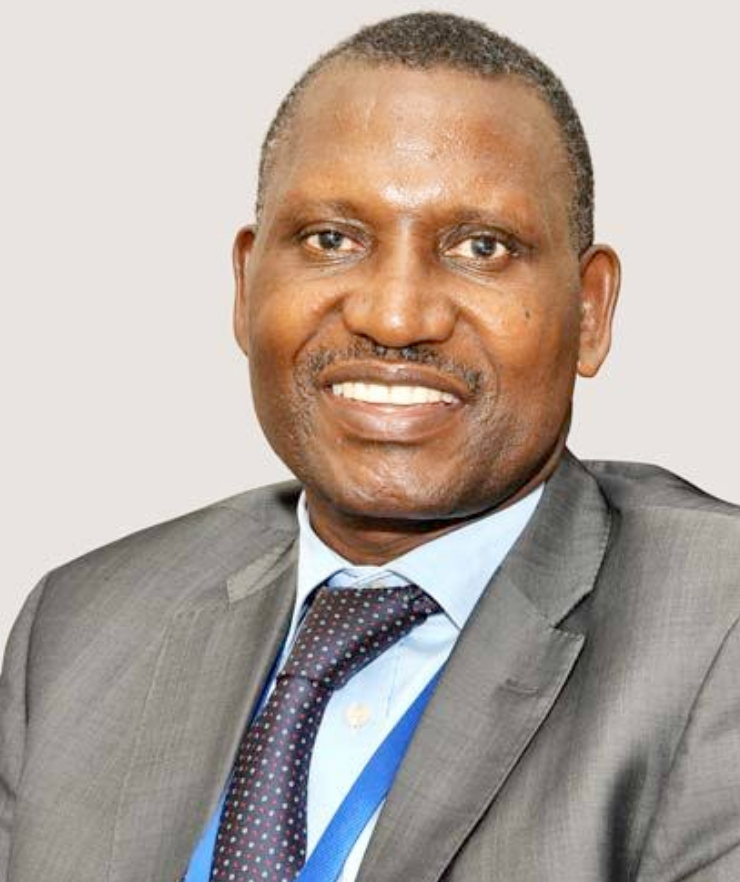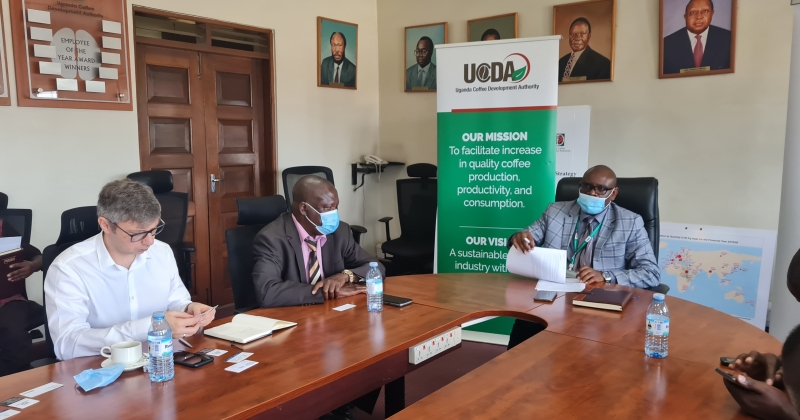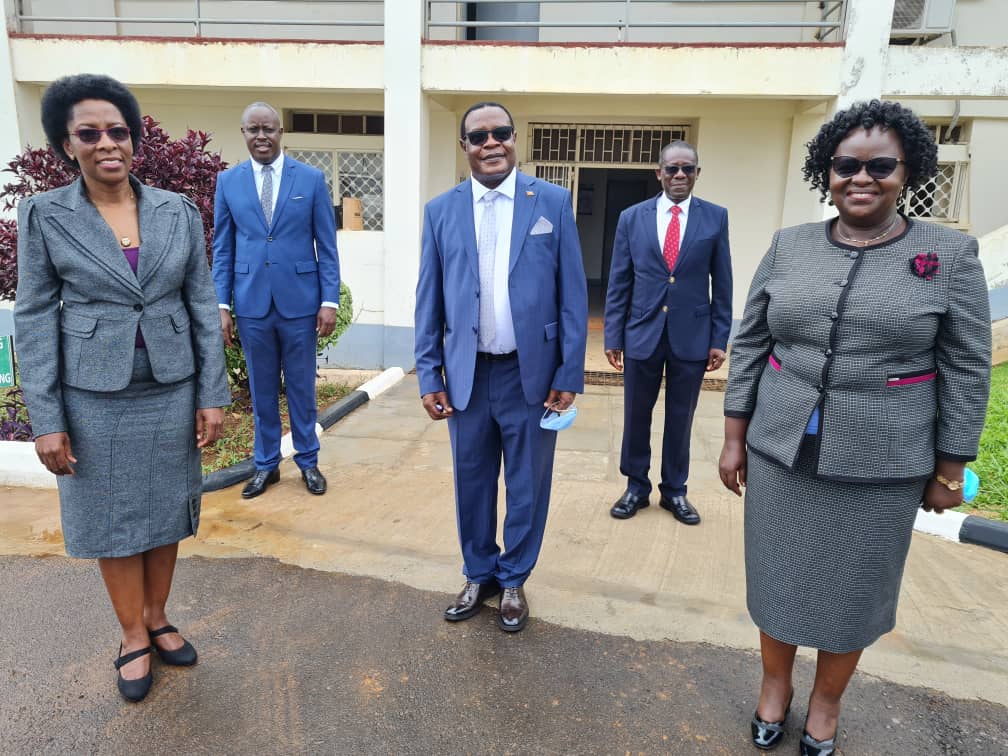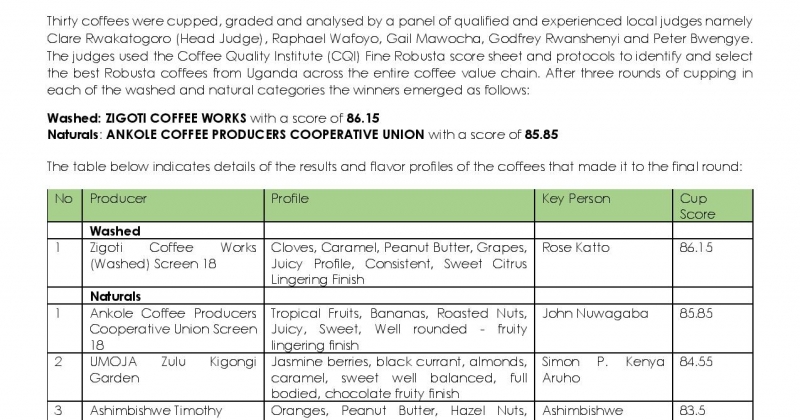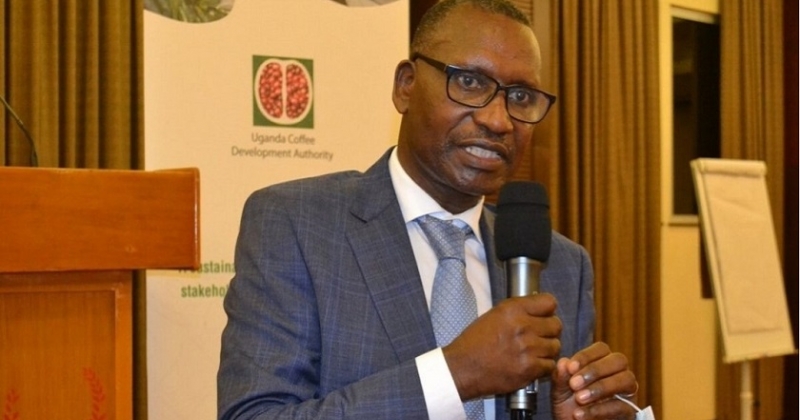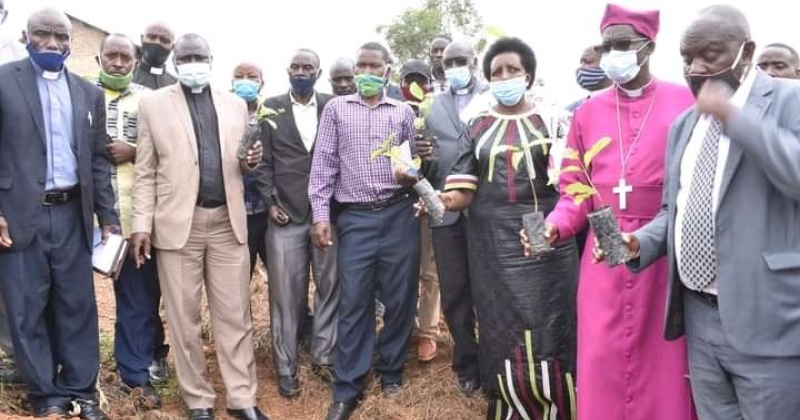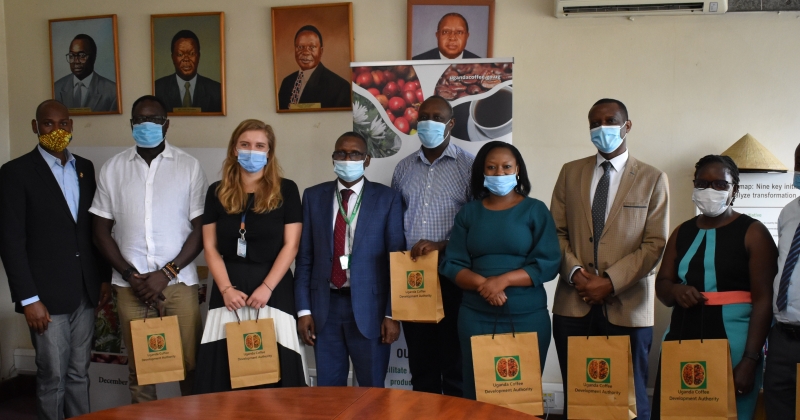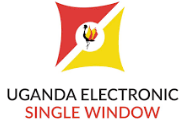Uganda, like many African countries, suffers from an enormous trade deficit with China. Last year, according to UN figures, Uganda exported just $40 million worth of goods to China but imported more than $1.3 billion in return.
The government is taking measures to address the problem by leveraging one of its most valuable exports - coffee.
In a recent interview with The China Africa Project, Dr. Emmanuel Iyamulemye, the Managing Director at Uganda Coffee Development Authority (UCDA), revealed that “Uganda is coming to China in a big way.”
He revealed that Uganda’s coffee first arrived in China in 2003 through a joint venture with a Chinese company.
“We have learnt lessons over the years; we have just completed a coffee promotions strategy for China. We are looking at how Ugandan coffee can penetrate in China,” Iyamulemye says.
He adds that Uganda’s coffee roadmap of increasing coffee production from 3.5m bags to 20m bags by 2030 has been informed by lessons worldwide in terms of the market.
“For China, we are looking at a structured demand so that we offset the imports deficit by exports,” Iyamulemye reveals, adding: “With bi-lateral agreements, we believe this can happen. This is happening with Tanzania where they are growing cassava to supply starch to Chinese industries.”
Asked how UCDA intends to promote Ugandan coffee without spending much, Iyamulemye said they are looking at online platforms since youth can access internet. Therefore, online advertisement will be key.
He adds that Uganda’s focus is on high quality specialty and fine coffees.
“Our current strategy is threefold; specialty coffee-high end coffees- that means very high-quality premium coffees. That’s on one hand. We have another segment of commercial coffees for the average consumer…We are also looking at roasted and ground coffee which is our main focus so that we benefit the farmer who is producing the coffee,” Iyamulemye says, adding: “If we can have cooperatives or farmer groups which are exporting roasted and ground coffee, it will be very good because money will be coming directly in farmers’ pockets.”
He notes that UCDA is looking at ways of supporting the private sector to penetrate the Chinese market which will give the farmer a good place in the global trade.
“Ugandan coffee is now ranked 3rd globally in terms of quality. We have big volumes so we can consistently supply the Chinese market (unlike some African countries),” he says.
“Even if we are exporting green beans, it should attract a premium price,” he says.
Applying Best Practices
On applying best agronomic practices, Iyamulemye says there’s a national coffee platform where coffee stakeholders share practices and lessons monthly.
“Because of climate change, we have realized shade grown coffee has a particular unique taste. It is also a mitigation to climate change,” he says.
Traditionally, coffee has been intercropped with banana plantain.
“Robusta is grown as forest crop. We are looking at shade trees to intercrop with coffee which comes with unique taste and aroma. We are also looking at productivity per tree, thus stumping, good and post-harvest practices are key. This is increasing production and quality of coffee,” he says.
With the new coffee law which will come into force soon, Iyamulemye says UCDA shall be facilitating farmers, buyers and exporters to increase production and exports whilst applying best practices.
“We shall be registering farmers for traceability purposes. We also look at certification of organic coffee growers. We want to have Ugandan coffee differentiated as unique in terms of quality and consistency,” he says.
On capturing the China coffee market, the UCDA boss says they are discussing with China to have preferential treatment such as export quotas. “Our coffee shall be in high end coffee markets in China,” he emphasizes.
Farmer & Exporter Speaks Out
Frandan Tumukunde, a farmer and coffee marketing expert with extensive experience in China says the biggest challenge for Ugandan farmers is financing and as such, they are exploited by middlemen who buy coffee cheaply and sell it at exorbitant prices.
“If farmers are financed well, this will be overcome,” Tumukunde, who owns a Ugandan coffee brand that sells Ugandan coffee across Asia, says.
Tumukunde says he is happy that farming practices are improving.
“Uganda is the birth place of Robusta coffee and therefore Ugandan coffee is unique from other African coffees,” he says in reference to Uganda’s comparative advantage.
“Uganda is well placed according to the topography and high altitude because of the Equator; thus, we are producing good quality coffee,” he adds.
He says China has about 500m middle class people which Uganda can take advantage of.
“China is the youngest coffee market. Chinese have been drinking teas but are now shifting to drinking coffee,” he says.
He urges Ugandans especially the youth to grow more coffee and employ the best agronomic practices.
“Youth should take on coffee farming because the market is huge…China-Africa cooperation is good. If they can extend finance to the farmers, it will be good and kick out middlemen,” he says.
Increasing coffee exports to China
Uganda is looking to China to help quintuple the volume of coffee exports over the next five years. While that may sound ambitious, it may actually be achievable thanks to the surging demand for coffee in China’s largest and wealthiest cities.
China’s coffee market is estimated at US$11.5bn in annual sales and is expected to grow by 10% in the next five years.
Additionally, Coffee consumption in China is growing at between 15%-20% annually. China is also Starbucks’ second largest market after the US.
Starbucks operates 4200 stores in China and plans to open up more 1800 stores in the next two years.
Analysts say most of this growth is happening in tier one cities but inland cities (tier two/three cities) are yet to embrace coffee drinking.
Traditionally, Chinese have been drinking teas, but they are shifting to coffee given its aroma and unique taste.
To highlight how huge Chinese market is, in May this year, the Chinese bought 1.5 tonnes of Rwandan coffee beans within a minute in online auction.
With the increasing volumes of organically grown coffee, Uganda has an advantage over other African countries to capture the China coffee market.
Coffee is by far Uganda’s most important export as it generates 20%-30% of the country’s foreign exchange earnings.
According to Uganda Coffee Development Authority (UCDA) Coffee Roadmap, Uganda aims to produce 20m 60kg bags of coffee by 2030. This means that Uganda must look for market for the increasing coffee volumes. The China market is the new frontier.
